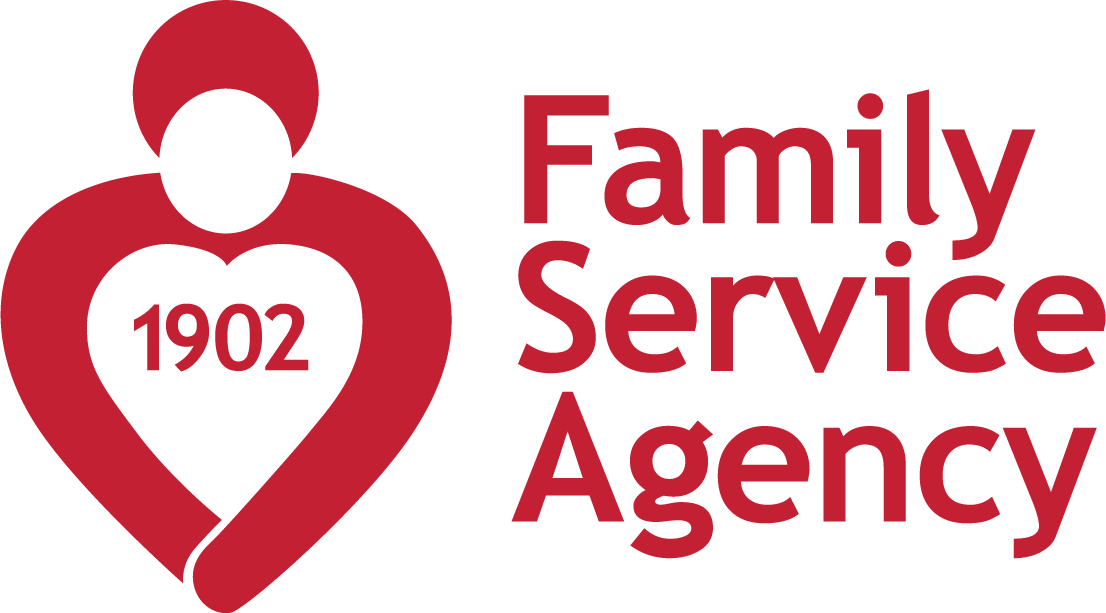Suicide is a global public health issue that affects individuals, families, and communities across the world. According to the World Health Organization (WHO), close to 800,000 people die by suicide every year, making it the second leading cause of death among 15 to 29-year-olds. However, suicide is preventable, and by understanding the warning signs, offering support, and connecting individuals to appropriate resources, we can make a significant impact in saving lives. In this article, we will explore the importance of suicide prevention and provide valuable resources for those in need.
Recognizing the warning signs of suicidal thoughts or behaviors is crucial in identifying individuals who may be at risk. Some common indicators include:
- Verbal cues: Expressing feelings of hopelessness, burden, or having no reason to live.
- Behavioral changes: Withdrawal from social activities, increased substance abuse, or giving away possessions.
- Emotional signals: Persistent sadness, extreme mood swings, or sudden calmness after a period of distress.
- Preoccupation with death: Expressing an unusual fascination with death, engaging in self-harm, or discussing suicide openly.
It is essential to approach these signs with empathy and care. If you notice these warning signs in someone, it is crucial to take them seriously and offer support.
Offering Support: The significance of providing support to individuals experiencing suicidal thoughts cannot be overstated. Here are some practical steps you can take to assist someone in need:
- Listen non-judgmentally: Create a safe space for open communication, allowing the person to express their thoughts and emotions without fear of judgment.
- Show empathy and compassion: Acknowledge their pain and validate their feelings. Let them know that they are not alone and that their emotions are valid.
- Stay connected: Encourage the person to maintain social connections and engage in activities they enjoy. Loneliness can exacerbate suicidal thoughts, so fostering a supportive network is crucial.
- Encourage professional help: Recommend seeking professional assistance from mental health practitioners. Provide them with resources and contact information for helplines, crisis centers, and therapists in their area.
The following are reputable organizations that provide valuable support and resources for suicide prevention:
- Call 988 – Suicide and Crisis Lifeline (USA): A 24/7 helpline providing free and confidential support for individuals in distress, prevention and crisis resources for you or your loved ones.
- The International Association for Suicide Prevention (IASP): A global organization dedicated to preventing suicidal behavior. Visit iasp.info for information on research, resources, and awareness campaigns.
Suicide prevention requires collective efforts from society as a whole. By raising awareness, understanding warning signs, and providing support to those in need, we can make a positive difference in saving lives. Remember, your words and actions matter. Reach out, listen, and encourage professional help when necessary. Together, we can create a world where everyone feels supported and suicide is preventable.
Therapy can help with preventing suicidal thoughts, allowing one to work through underlying issues. Call Family Service Agency and connect for counseling and/or medication management if needed. We’re here for you and your loved ones.
Sources:
- World Health Organization (WHO) – Suicide prevention: https://www.who.int/news-room/fact-sheets/detail/suicide
- American Foundation for Suicide Prevention: https//afsp.org
- 988 Suicide and Crisis Lifeline: https://988lifeline.org/
